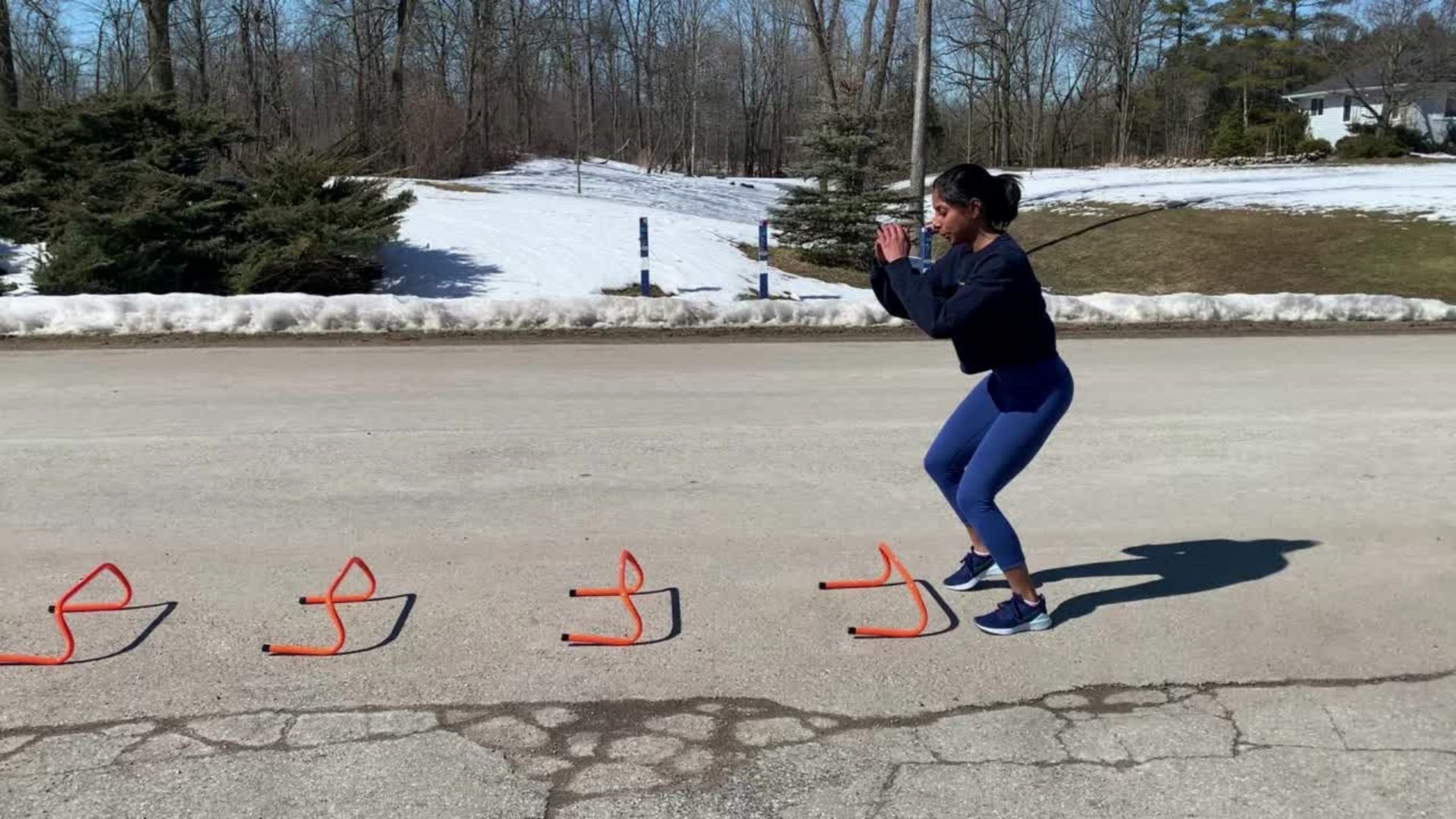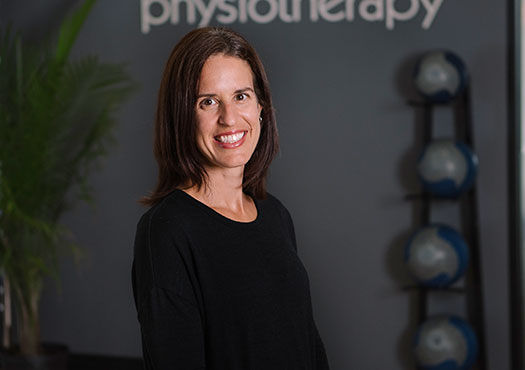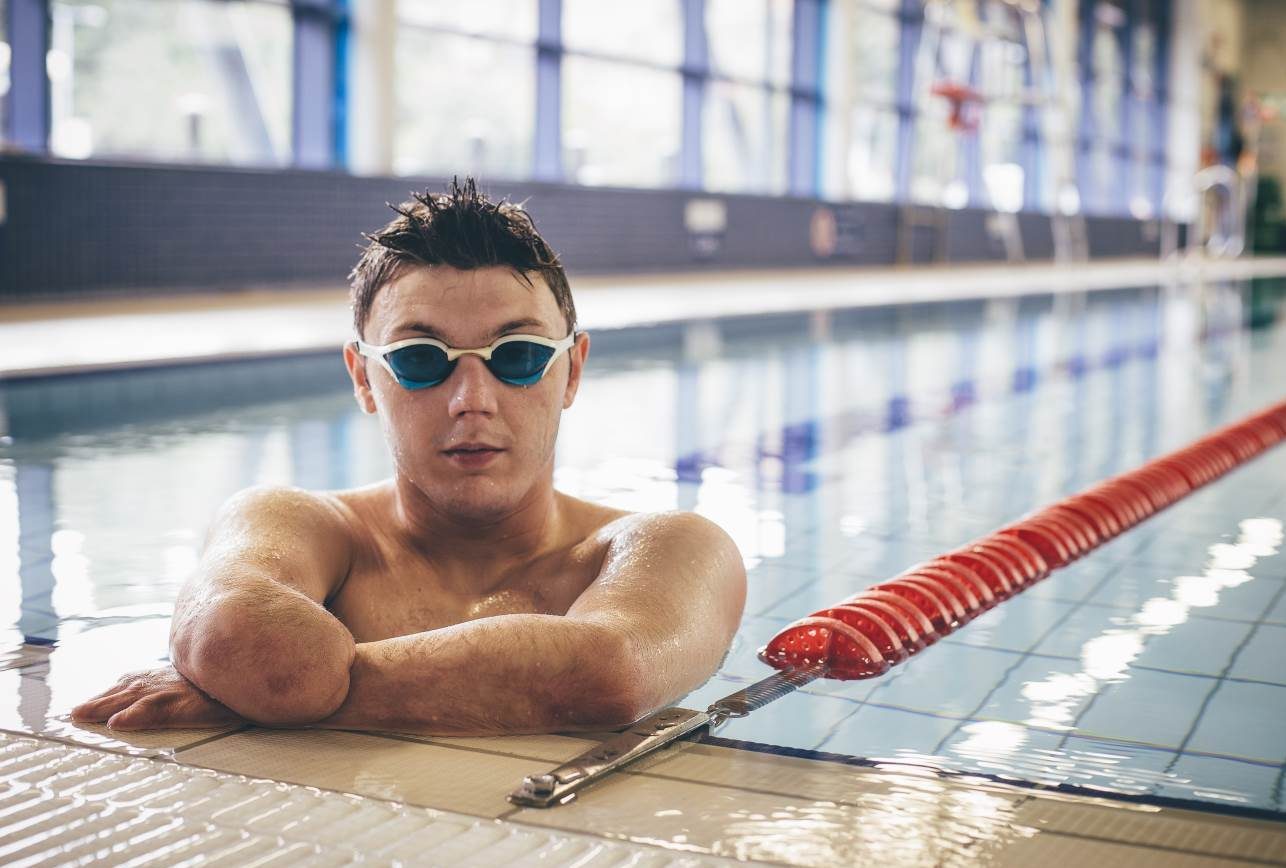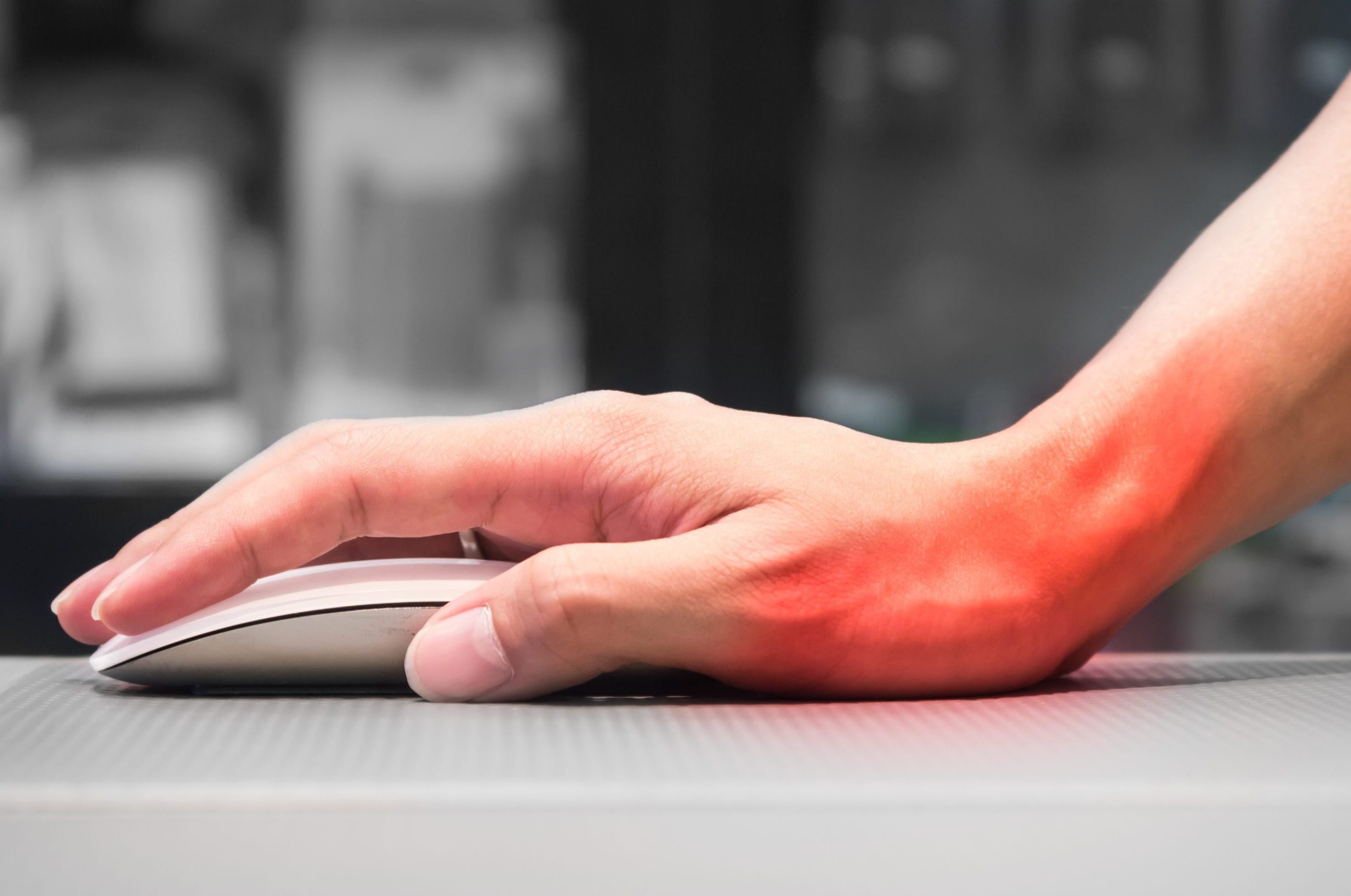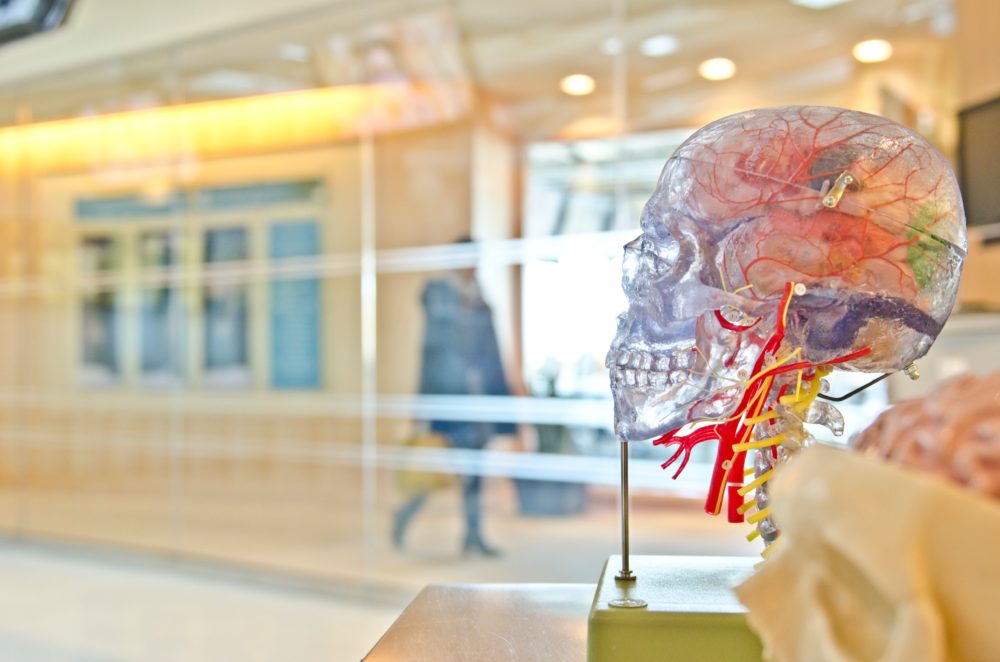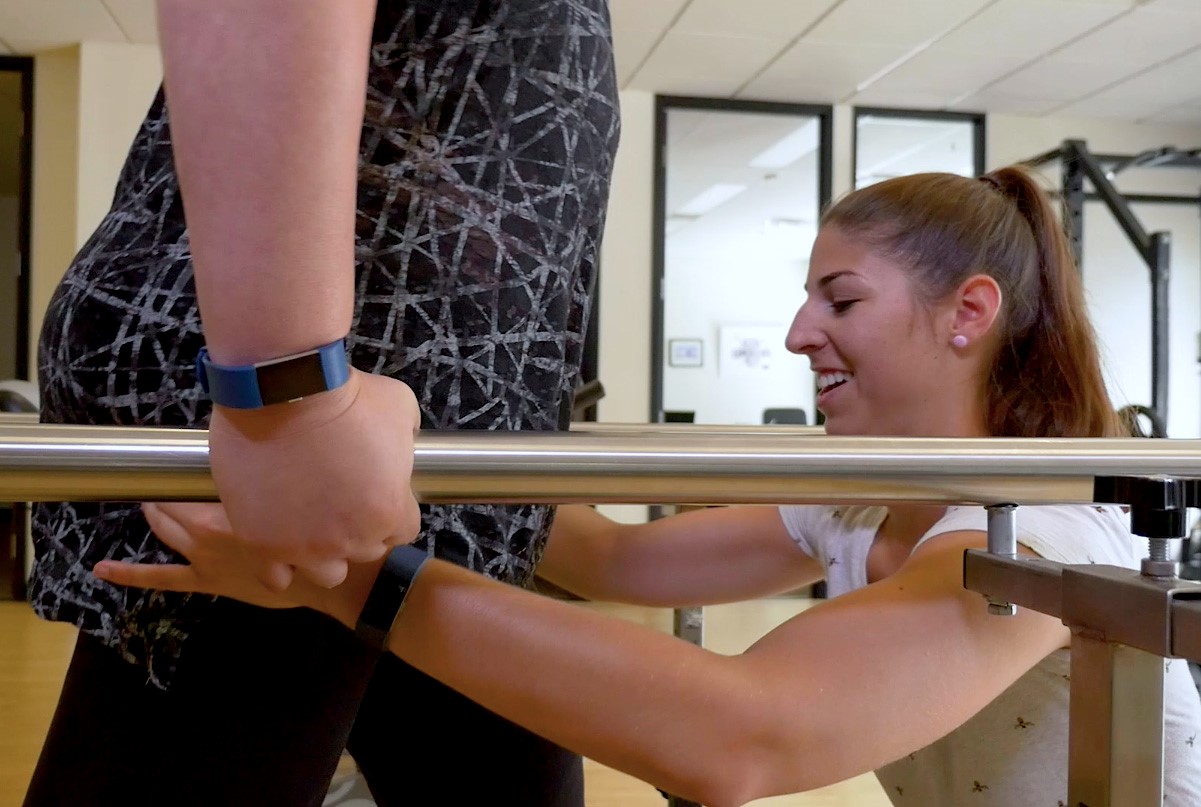Women have been especially vulnerable to the physical and mental health effects of COVID-19. As we mark International Women’s Day, we want to highlight the need for policies and programs that address the inequalities that have led to less favourable outcomes for women. And as physiotherapists and exercise professionals, we also want to provide some education around the benefits of physical activity and mindfulness on mental health, as well as some useful and accessible resources.
The pandemic has had a negative impact on communities beyond the number of cases, hospitalizations and deaths. According to Statistics Canada, more than 1 million Canadians remain under or unemployed. And many Canadians have reported their stress levels have doubled since the onset of the pandemic.[i] Struggling with concern over one’s own health and health of loved ones, worry over finances and employment and social isolation resulting from safety measures have taken their toll of people’s mental health.
The Impact of COVID-19 on Women
Some populations are more vulnerable to the physical and mental health effects of COVID. Last year, a study at CAMH found that “women, people who have lost their jobs as a result of the pandemic, those who are worried about their personal finances, people with children at home, and young people are more likely than others to experience symptoms of anxiety and depression at this time.”[ii]
Women have been profoundly affected by the pandemic both in the workplace and at home. Women make up most frontline health care workers (including nursing and personal support workers), have had to contend with the stresses of home schooling and child care, and the lack of emotional support and connection.
The executive director of the United Nations Women summarizes the effects on women as this:
“Covid-19 pandemic is not just a health issue, it is a profound shock to our societies, exposing the deficiencies of public and private arrangements that currently function only if women play multiple and underpaid roles. This is a moment for governments to recognize both the enormity of the contribution women make and the precarity of so many.” [iii]
However, despite all these challenges, women have the capacity to be resilient and overcome the many uncertainties brought by this pandemic. While there are many areas of both work and family life that cannot be changed, there are other aspects that can be altered to help improve your mental health and well being.
Because women are twice as likely as men to develop certain mental health conditions such as depression, eating disorders, and anxiety disorders,[iv] it is increasingly important to understand the relationship between physical activity and mental health in women and develop strategies unique to their experiences.
The Benefits of Physical Activity on Women’s Mental Health
Personally, and professionally, I know the positive benefits of exercise, yoga and meditation on my mental well being. I first really noticed the mental health benefits of physical activity while studying in university. I would often come to a point where I felt stressed, mentally blocked or feeling overwhelmed. I began running as a way to relieve stress and haven’t stopped since.
Although I know the enormous physical benefits of physical activity, more than anything it helps when I’m feeling stressed, anxious or depressed. Yoga has been a wonderful compliment to aerobic exercise that allows me to feel balanced and physically and mentally strong.
I also cannot overstate the importance that my daily mindfulness practice has had on my life. It has allowed me to deal with life stresses, my son’s surgeries, a cancer diagnosis and the endless amount of life stresses that women encounter with a sense of equanimity and clarity that I wouldn’t otherwise have.
Physical activity is an often-overlooked intervention for helping certain mental health conditions. Aerobic exercise such as jogging, walking, cycling and swimming have been proven to help reduce anxiety and depression.[v] Exercise improves blood flow to the brain and is believed to positively affect various regions of the brain that deal with stress, mood, and motivation.
Health benefits of regular physical activity include:
- Improved sleep
- Increased interest in sex
- Better endurance
- Stress relief
- Improvement in mood
- Increased energy and stamina
- Reduced tiredness that can increase mental alertness
- Weight reduction
- Reduced cholesterol and improved cardiovascular fitness[vi]
For low-impact aerobic workouts and high-impact aerobic workouts you can do at home, check out our workout video playlist on our YouTube channel featuring exercise physiologist Shriya Maharaj.
Exercise physiologist Shriya Maharaj demonstrates a low-impact aerobic workout that can be done with or without hurdles.
Yoga has also been shown to mitigate the stress response and reduce anxiety and depression.[vii] Yoga can vary from gentle and adapting to more challenging and strenuous practices. Yoga consists of physical poses with controlled breathing and periods of relaxation or meditation.
Online yoga has been shown to have the same benefits as in-studio yoga classes. Many instructors and studios have shifted to virtual platforms to deliver these much-needed services. At Propel Physiotherapy, we offer virtual private Hatha yoga and private yoga therapy, which can be modified to suit your needs and goals, as well as a weekly online group chair yoga class.
You may also enjoy reading: The Benefits of Regular Exercise
The Benefits of Mindfulness on Mental Health
Since the late 1970s, there have been over 1,000 publications reporting the effectiveness of mindfulness in managing a variety of disorders, including conditions like chronic pain, stress, anxiety, sleep disorders and depression.
There is evidence that mindfulness can help alleviate stress by regulating the amygdala, the area of the brain responsible for emotional response.[viii] Those who practice mindfulness have a better response to stress. A study by Donald and Atkins found evidence that mindfulness produced less avoidance and more approach coping as a response to stress than relaxation or self-affirmation controls.[ix]
Practising mindfulness can help improve attention and decrease stress and anxiety by focusing on the present moment. As a mindfulness coach, I help my clients recognize how stress shows up in their bodies, how our thoughts and feelings contribute to our physical and emotional stress and then to develop and foster tools and strategies to meet these challenges with a greater sense of awareness clarity and compassion.
Try these 3 Mindfulness Exercises to Help you Cope in Stressful Times or contact me to discuss your own customized program.
Physical Activity and Mindfulness Approach to Mental Health
At Propel Physiotherapy, we take a holistic approach to health that includes mental health and wellness. We offer individual and group-based yoga and mindfulness interventions. Our clinicians have the experience and knowledge to aid in developing and sustaining your exercise program, referring to appropriate health care professionals when outside our role and scope of practice and support and communicate with members of your health care team.
We recognize that physical and mental health are fundamentally linked and acknowledge the mind-body connection and its importance to your well being. For more information about our programs or a complementary consultation, contact us today.
References
[i] Mental Health in Canada: Covid-19 and Beyond, CAMH Policy Advice, July 2020
[ii] ibid
[iii] Thibaut F and van Wijngaarden-Cremers PJM (2020) Women’s Mental Health in the Time of Covid-19 Pandemic. Front. Glob. Womens Health 1:588372. doi: 10.3389/fgwh.2020.588372
[iv] Depression in women: Understanding the gender gap, The Mayo Clinic
[v] Sharma A, Madaan V, Petty FD. Exercise for mental health. Prim Care Companion J Clin Psychiatry. 2006;8(2):106. doi:10.4088/pcc.v08n0208a
[vi] Ibid
[vii] Yoga for anxiety and depression, The Harvard Mental Health Letter, Harvard Health Publishing
[viii] Remmers, C., Topolinski, S., & Koole, S. L. (2016). Why being mindful may have more benefits than you realize: Mindfulness improves both explicit and implicit mood regulation. Mindfulness, 7(4), 829–837. https://doi.org/10.1007/s12671-016-0520-1
[ix] Donald, J. N., & Atkins, P. W. B. (2016). Mindfulness and coping with stress: Do levels of perceived stress matter? Mindfulness, 7(6), 1423–1436. https://doi.org/10.1007/s12671-016-0584-y
Written by

